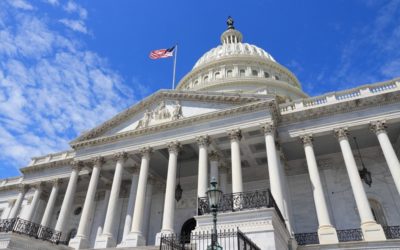Should you withdraw money from your retirement plan?
On March 27, President Trump enacted the CARES Act. The historic stimulus bill includes an allowance for penalty-free early withdrawals from retirement accounts.
Here are some of the common questions regarding this particular initiative. If you cannot find the answer to your question, please do not hesitate to reach out to a Smith Schafer professional for further assistance.
Q: What changes did the CARES Act make to retirement withdrawals?
For 2020, eligible plan participants can now receive coronavirus-related distributions from their retirement plans (401(k)-type defined contribution plans or individual retirement accounts (IRAs)).
Q: Am I eligible to make a withdrawal from my retirement account?
To be eligible, you must fit at least one of the following criteria:
- You or your spouse or dependent has been diagnosed with COVID-19, or
- You have suffered adverse financial consequences due to COVID-19 (e.g., suffering the loss of business, unable to work due to childcare, required to quarantine, put on furlough, etc.)
Plan participants will self-certify they meet the conditions for a coronavirus-related distribution.
Q: How much can I withdraw from my retirement account?
Eligible individuals can take out up to $100,000.
Q: If I make early withdrawals, do I have to pay a penalty?
No, if you make an eligible withdrawal, you are exempt from the 10 percent early withdrawal penalty. Additionally, the 10 percent penalty waiver applies retroactively to withdrawals beginning January 1, 2020.
Q: When do I pay taxes on the money I withdraw?
Income taxes are still owed on withdrawn amounts. The CARES Act allows for tax payments to be spread over three years.
Q: Is there a way to re-invest the money I take out?
Yes, individuals who make coronavirus-related withdrawals may replace the money within three years, regardless of the annual contribution level of their plan. Additionally, they may also be able to recover the federal and state income taxes that they paid.
Q: I already have one or more loans on my 401(k), can I still take a coronavirus-related distribution?
This depends on the rules of your plan—consult your plan sponsor.
Questions?
Contact Smith Schafer for further discussion and guidance.



